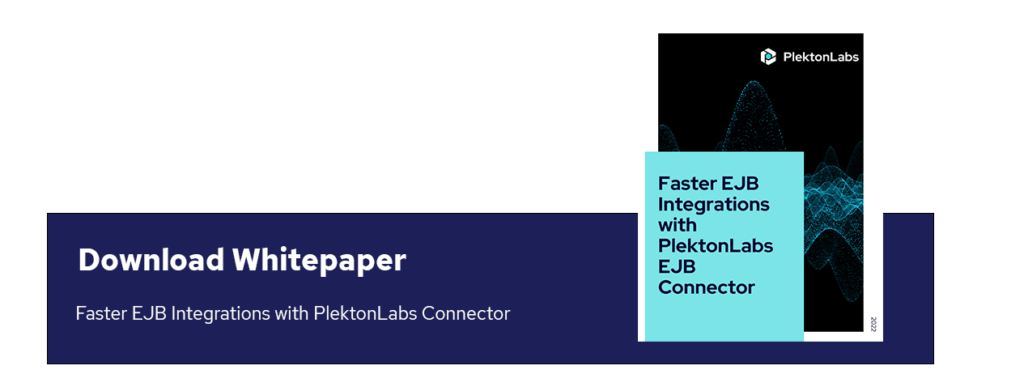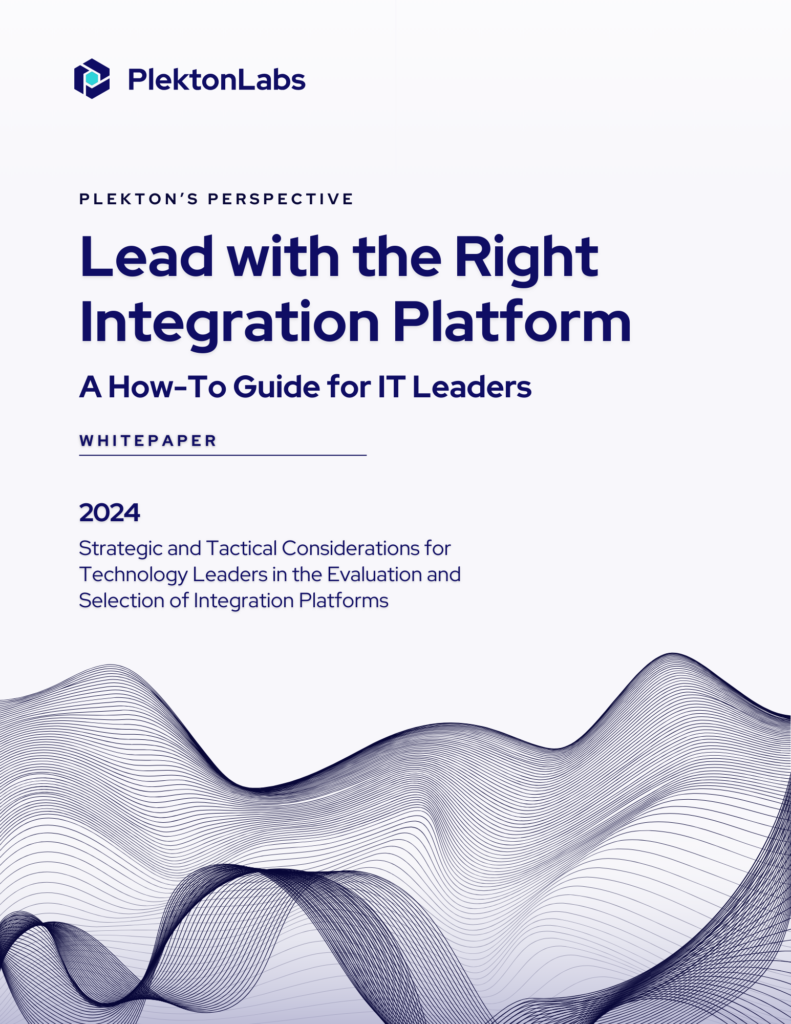If the COVID-19 has taught us anything valuable, it’s that data is priceless. Without access to data, we would be fighting this pandemic blind, unable to see our way forward.
And although our reliance on data has become quite clear in the 21st century and the digital transformation that has defined it, the pandemic has emphasized the need for data integration to predict and tackle future crises and recover from calamities as quickly as possible.
Why is that? For starters, integrating data by collecting, comparing, and analyzing figures from all around the world can help scientists and global organizations like the WHO or CDC. API-led connectivity can allow data from all over the world to interact, making it easier to analyze the figures themselves, and the data in relation to each other.
This, in turn, will let researchers and experts extrapolate the data, identify patterns of correlation and causation, develop treatment and prevention strategies, and most importantly, devise methods of containment for the virus. In other words, data integration is the answer to preventing and treating pandemics like this one. But this is just the tip of the iceberg on why they are so badly needed at the moment.
Why are APIs So Necessary Right Now?
These are just a few of the reasons why APIs are our lifeline during the pandemic, and how they will continue to be useful in the future.
1. Contact-Tracing is Made Easy
Contact tracing, or identifying the route of infection from one person to another is vital when tackling highly contagious diseases. Each case of infection is like a data connection-and both government and private agencies are making use of this parallel.
Look at it this way: data is collected in every hospital in every major city or state. But this data can’t exist in a vacuum (also known as a data silo). The data on statistics, patient symptoms, the route of the infection all need to be integrated with other core systems to provide a complete and detailed picture of the disease.
Also, the information needs to be shared with government organizations, health insurance and pharmaceutical companies, and other medical and research groups. The only way to do so effectively is by using integration software. In short, APIs are needed to identify the origin and route of the disease and to share statistics of the disease with all the parties involved in healthcare.
2. Information is Made More Accessible
Awareness is vital to surviving any kind of medical crisis. People need to know what is happening around them so that they can protect themselves. If COVID-19 related data is left locked away in a silo, the public has no access to the information. Similarly, the data has to be simplified, so that ordinary people can understand what it means.
APIs can make it much easier for people to access the latest statistics, and understand what they mean. Moreover, people need to know what they should do in case they are infected. APIs come in handy when testing for the virus as well.
They can tell people where the closest testing facility is located and do so on a simple web page. As a result, people can easily find out the number of infected people in their state, where they can get tested, and what healthcare facilities they can go to for treatment.
3. Creating New and Safer Retailer Services
The current pandemic has altered the way the world functions. The year 2020 will always be marked by the virus that threatened the world and brought it to a halt. (Find out more about how it all started here.) Because of this, the service industry has had to find ways to adapt to the new environment and provide services while keeping both customers and their staff safe.
APIs played a major role in this as well. APIs made it possible to create more flexible customer service that minimizes contact while providing retail and hospitality services. Whether it’s online banking, managing the volume of online shoppers, or providing social welfare services by phone or online, APIs are helping people survive the pandemic and exploring ways for businesses to navigate safely after reopening.
Also, API software and integration are keeping countless businesses afloat and mitigating some of the damage done to the world economy.
In a Nutshell
APIs have been an ally and an integral part of fighting the virus since day one of the pandemic. Whether it has been to help track the progress of the virus and update statistics every single day, or to keep the public informed about testing and treatment, data integration has been crucial in slowing down the spread of the disease. And once the world moves past COVID-19, they will continue to help the world return to its normal state.





